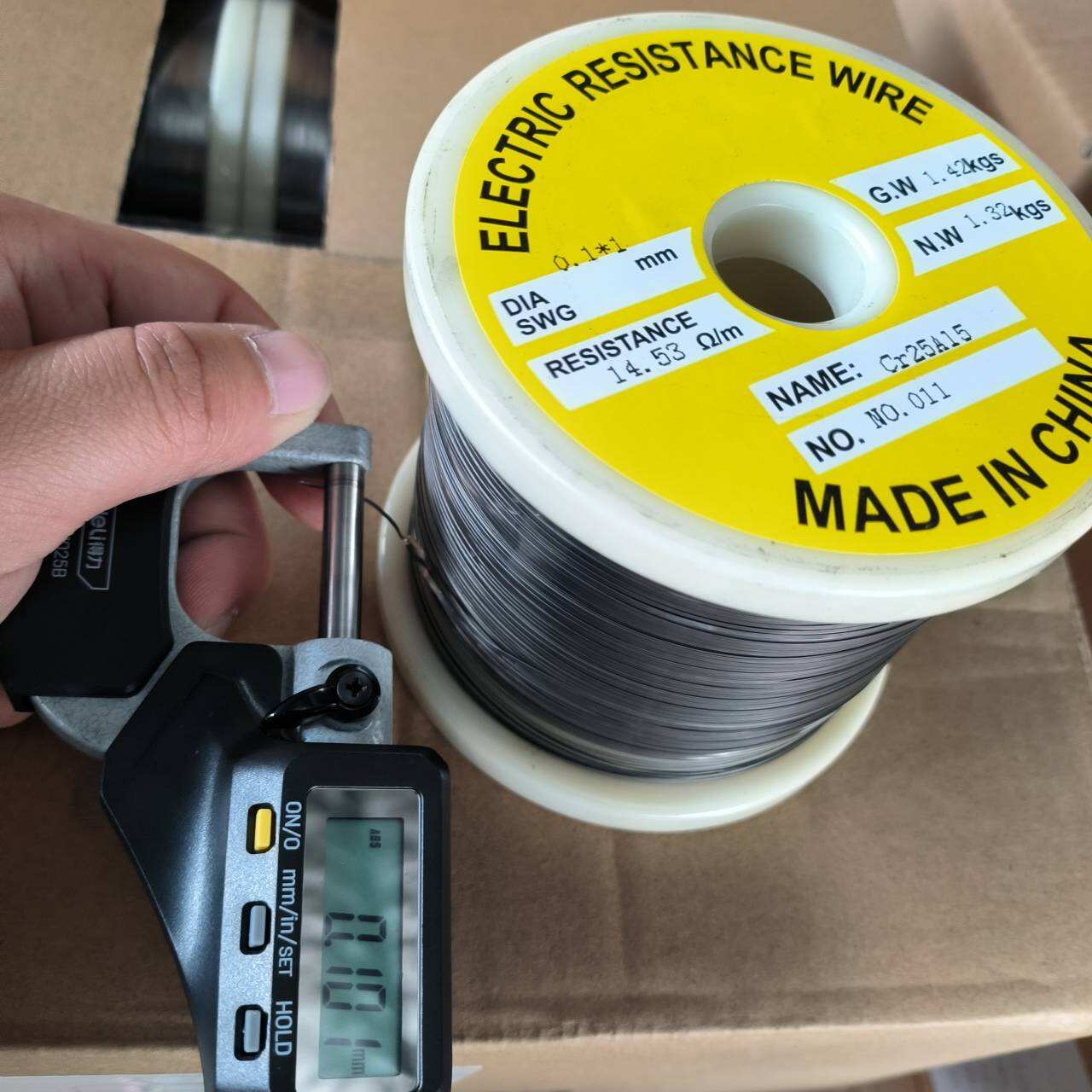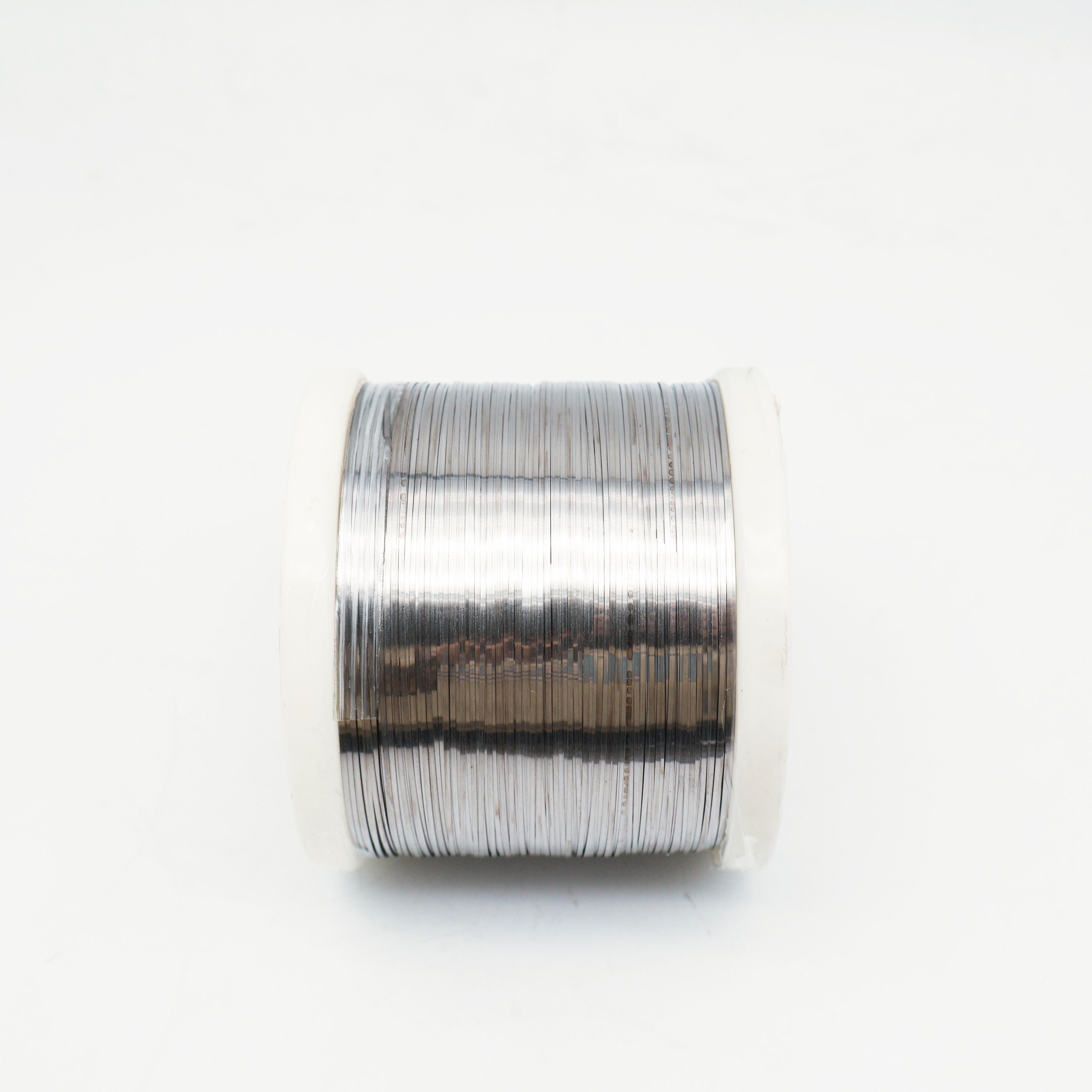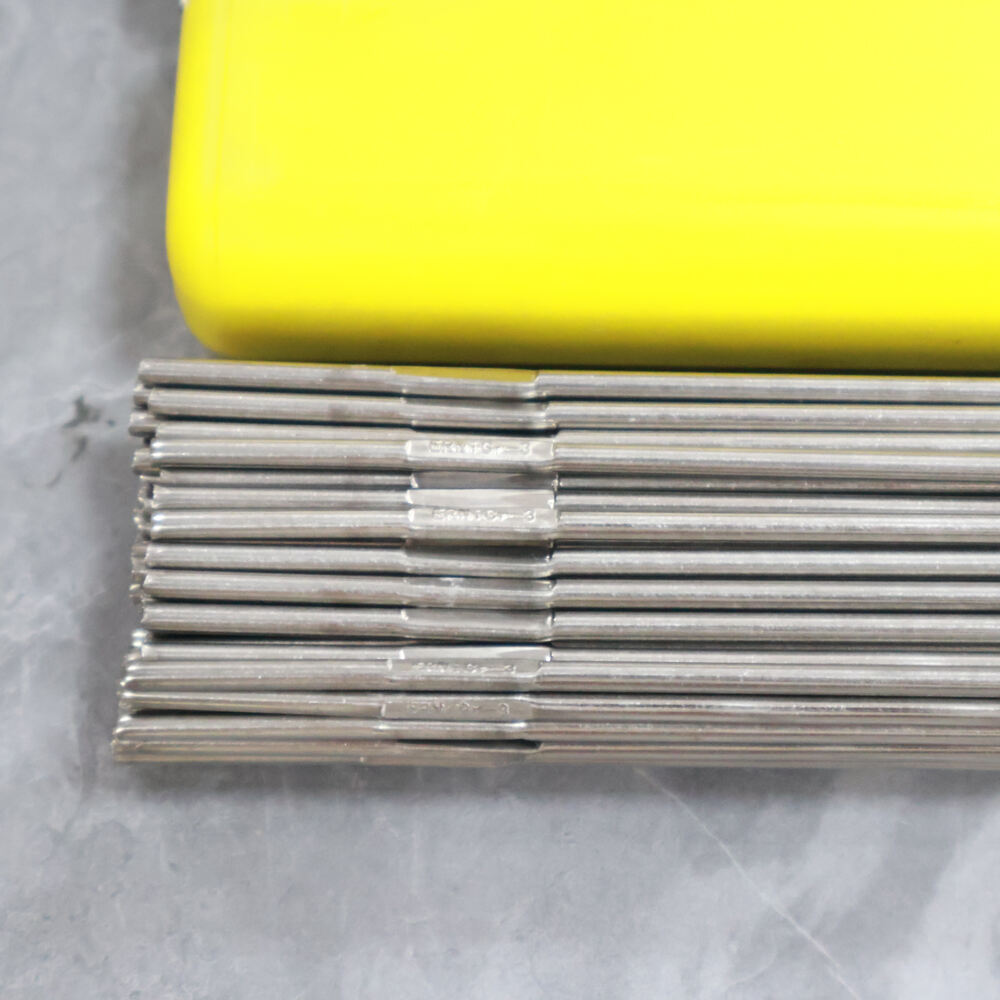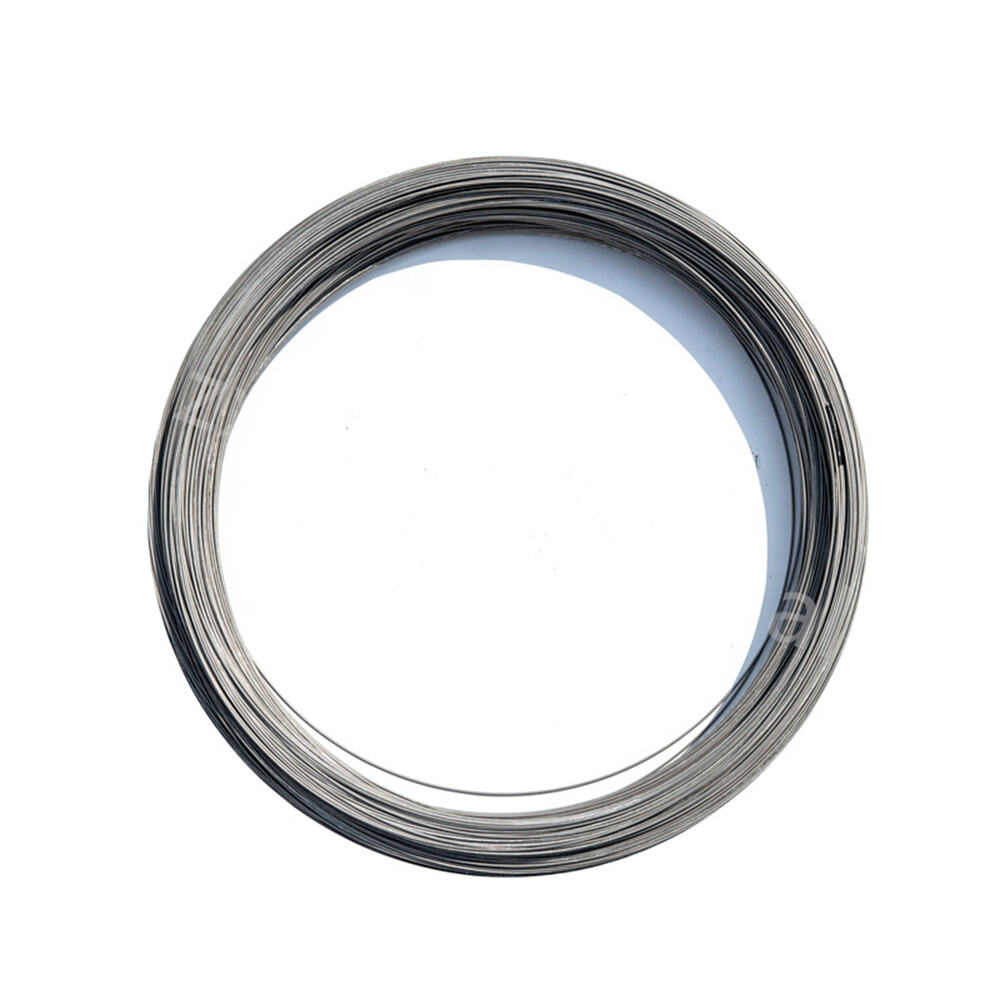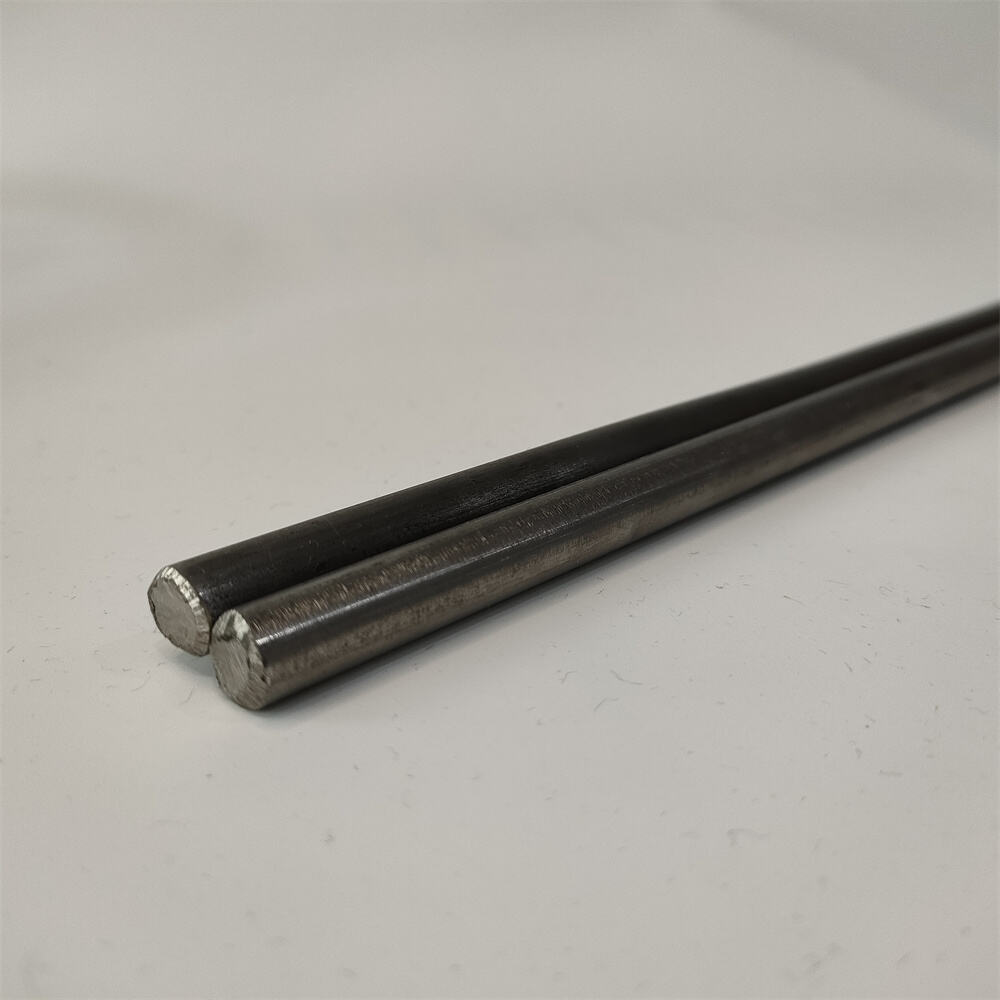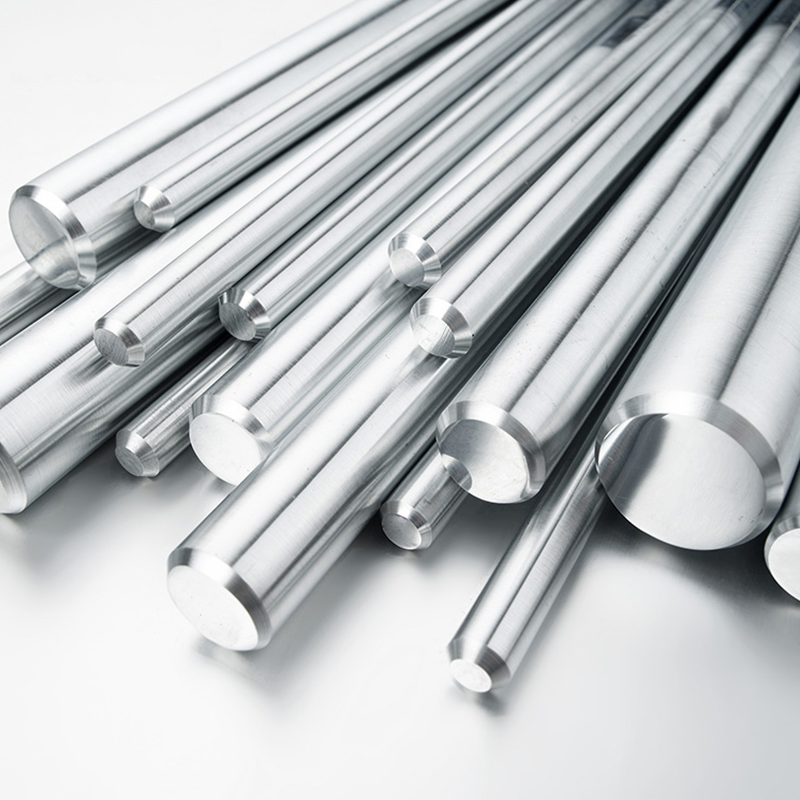CuNi Alloys for Precision Heating: Exploring the Best Options with CuNi1, CuNi2, and CuNi6 Wires
We offer factory direct pricing and special discounts on bulk orders. Whether you need small or large quantities, our products ship quickly to ensure a reliable supply for industrial projects worldwide. Click the button below to request a quote today!
- Overview
- Specification
- Applications
- FAQs
- Recommended Products
Material Introduction
CuNi alloys, composed of copper and nickel in varying proportions, are highly regarded for their excellent thermal conductivity, corrosion resistance, and durability in high-temperature applications. Specifically, CuNi1, CuNi2, and CuNi6 alloys offer distinct characteristics that make them ideal choices for precision heating applications across various industries. These alloys combine the electrical conductivity of copper with the mechanical strength and corrosion resistance of nickel, providing an optimal solution for heating elements and systems exposed to harsh conditions.
Each alloy’s specific composition and properties make it suitable for different high-performance heating applications. Whether it's for use in heating coils, elements, or industrial furnaces, CuNi alloys offer consistent reliability in providing efficient heat transfer and resistance to degradation under extreme temperatures.
Manufacturing Process
The manufacturing of CuNi alloys involves several steps to ensure the final product meets stringent performance standards. The process typically includes:
Alloying and Melting
Copper and nickel are combined in precise proportions to create the desired alloy. Melting the metals in a controlled environment ensures uniformity in composition, which is crucial for maintaining the desired properties.
Wire Drawing
The alloy is then drawn into wire, reducing the diameter and enhancing the material's flexibility and strength. Wire drawing is a critical step in ensuring that the final product has the right mechanical properties for use in heating applications.
Annealing
Annealing is performed after drawing the wire to relieve internal stresses and enhance the material’s ductility. This process also improves the wire’s resistance to thermal fatigue, which is essential for long-lasting performance in heating elements.
Quality Control and Testing
Each batch of CuNi alloy wire undergoes strict quality control measures, including testing for mechanical strength, electrical conductivity, and resistance to high temperatures. This ensures that the wire performs reliably in high-precision heating applications.
User Requirements
When selecting CuNi alloy wire for precision heating, users typically have several key requirements:
High-Temperature Stability
Users require the alloy to maintain its strength and conductivity even at elevated temperatures. CuNi1, CuNi2, and CuNi6 all offer varying degrees of high-temperature resistance, ensuring reliability in different heating environments.
Corrosion Resistance
Given that heating systems may be exposed to harsh environments, users prioritize materials that can resist oxidation and corrosion. CuNi alloys, particularly CuNi2 and CuNi6, provide exceptional resistance to these factors, ensuring long-term durability.
Mechanical Strength
High-strength materials are necessary to ensure that heating elements can withstand physical stresses such as vibration, expansion, and contraction during heating and cooling cycles.
Electrical and Thermal Conductivity
The alloys must exhibit good electrical and thermal conductivity to provide efficient heat generation and distribution. CuNi alloys provide a good balance of these properties, making them ideal for precision heating systems.
Cost-Effectiveness
While performance is paramount, users also seek cost-effective materials. CuNi alloys, particularly CuNi1 and CuNi2, provide a balance between affordability and high performance, making them suitable for large-scale applications.



FAQs:
How long is the delivery time?
It depends on the quantity of the order, 10-30 days for small orders. For large orders, it takes 60 days.
Do you accept OEM/ODM production?
Yes! We accept OEM/ODM production. You can send us your samples or drawings.
How do you control the quality of your products? Do the chemical properties of the products meet the quality standards?
With professional quality team, advanced product quality planning, strict implementation and continuous improvement, we will issue product quality inspection certificate, including chemical analysis report.
Can your company provide detailed technical data and drawings?
Yes, you can. Please tell us the products and applications you need, and we will send you detailed technical data and drawings for your evaluation and confirmation.
How do you handle pre-sale and after-sale service?
We have a professional business team who will work one-on-one to protect your product needs, and if you have any questions, he can answer them for you!
Can I visit your factory before placing an order?
Yes, you are welcome to visit our factory. We are glad to have the opportunity to get to know each other.
Where is your production base?
We manufacture our products in Jiangsu, China and ship them from China to your country as soon as possible, which usually depends on your product requirements and quantity.
Can you send samples?
Yes, we can.


